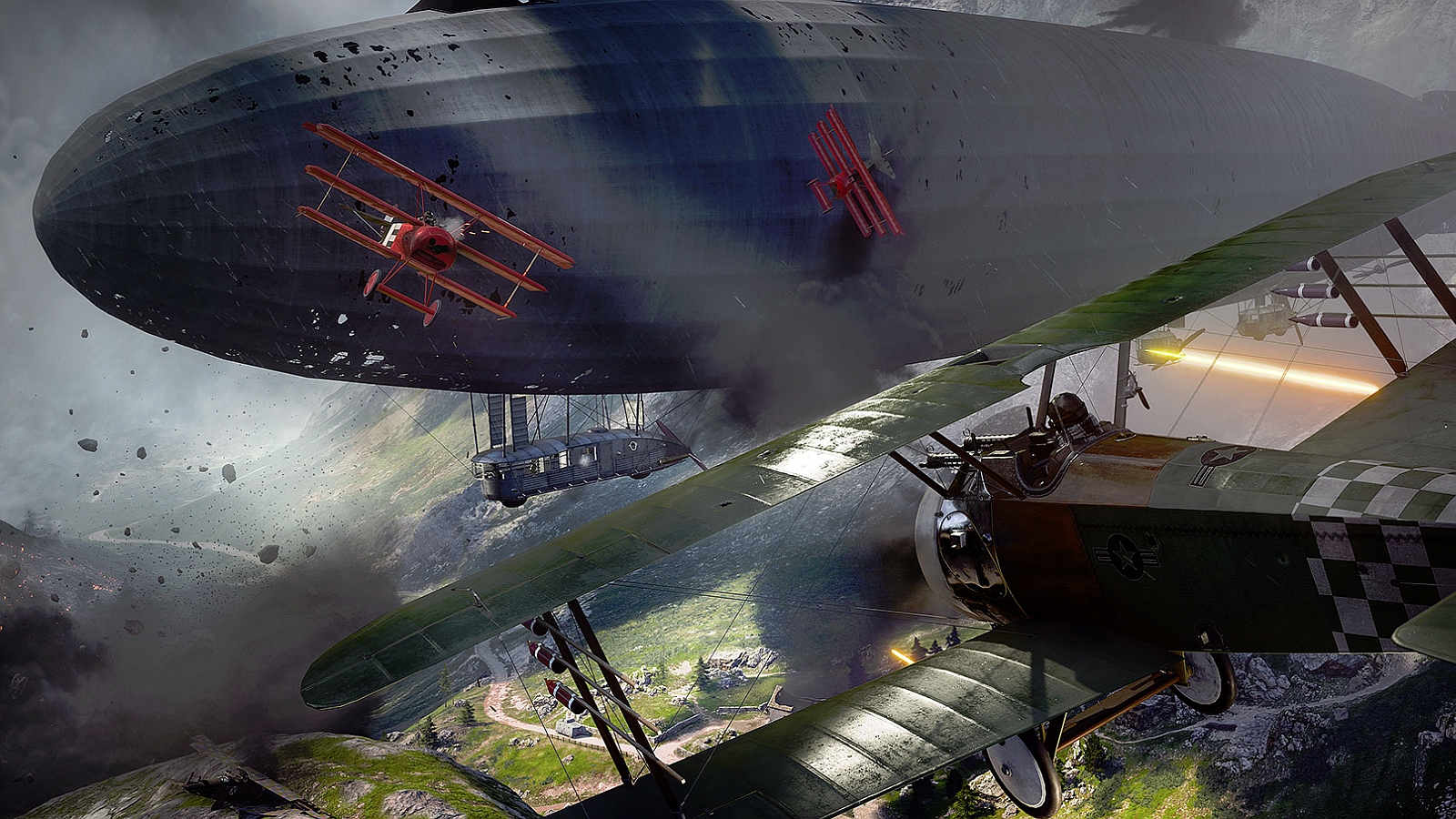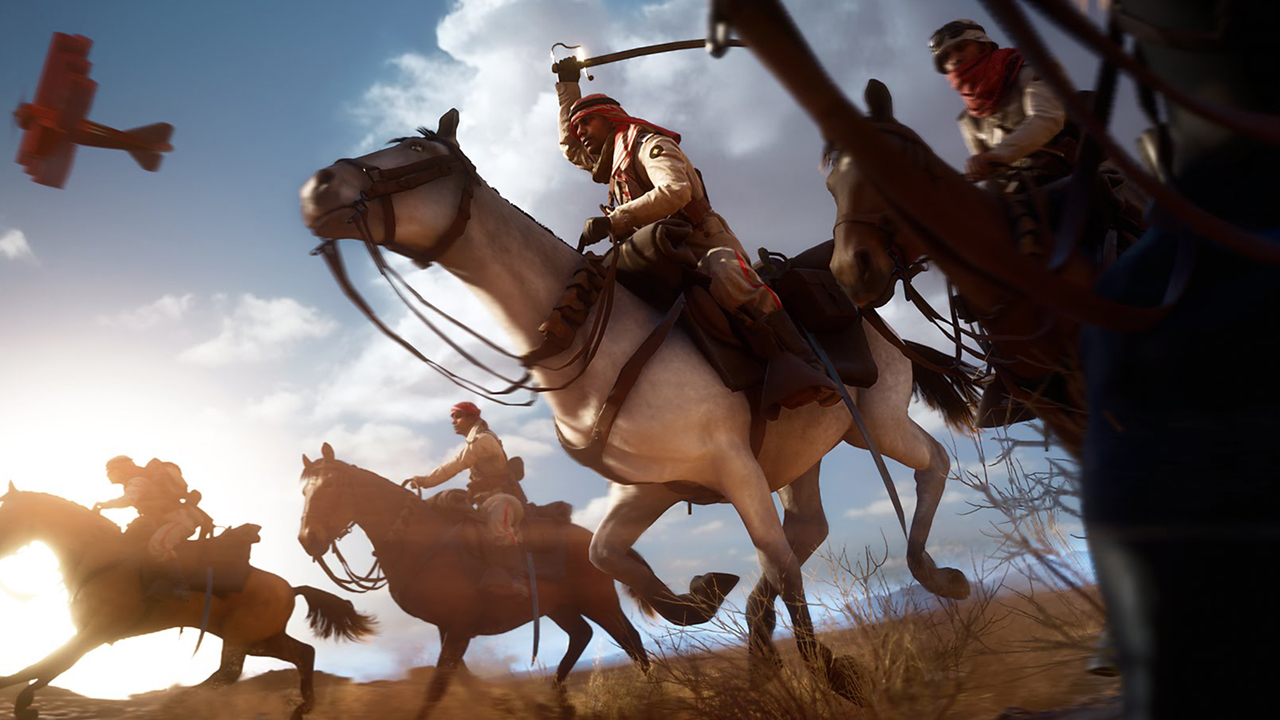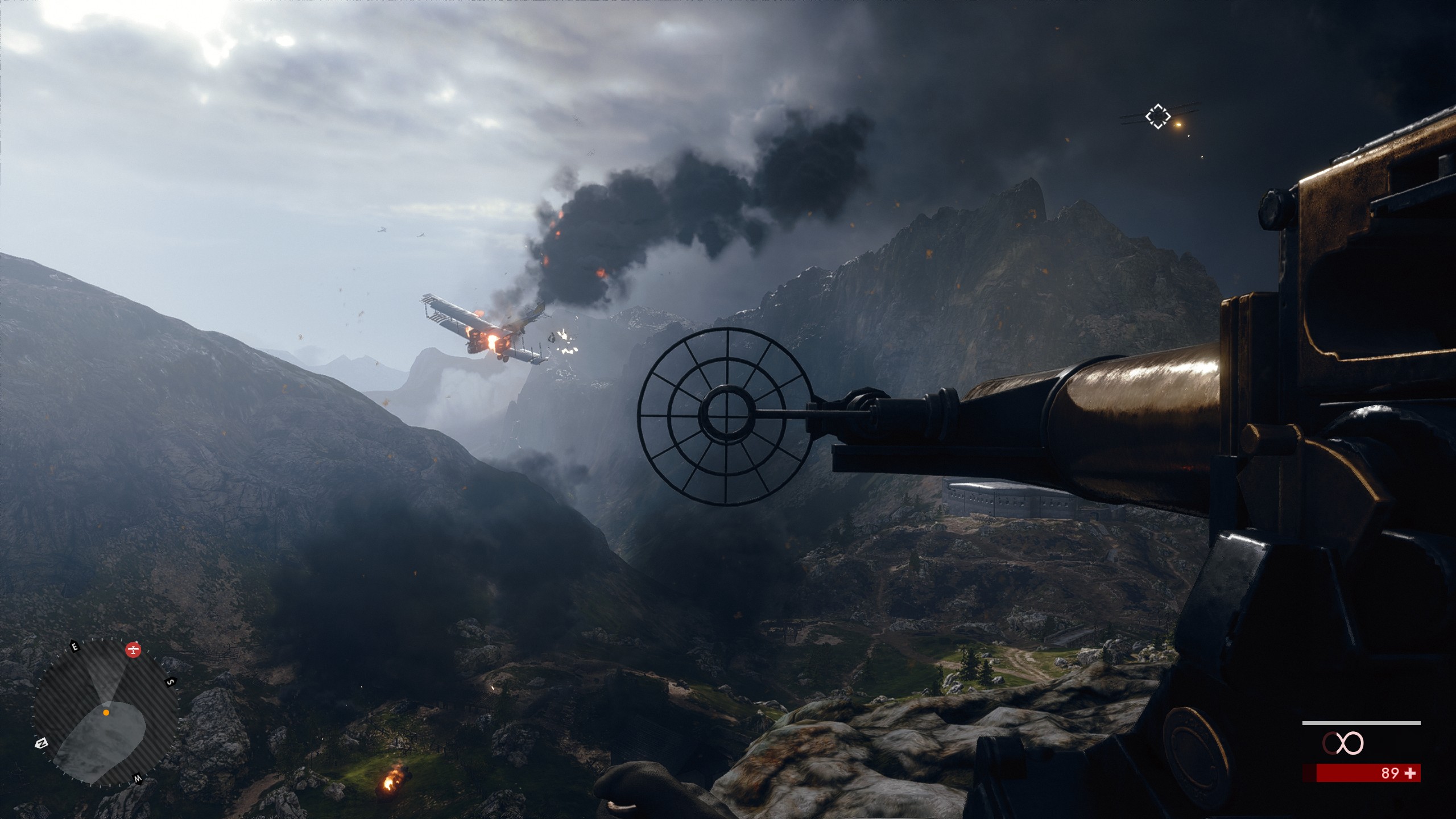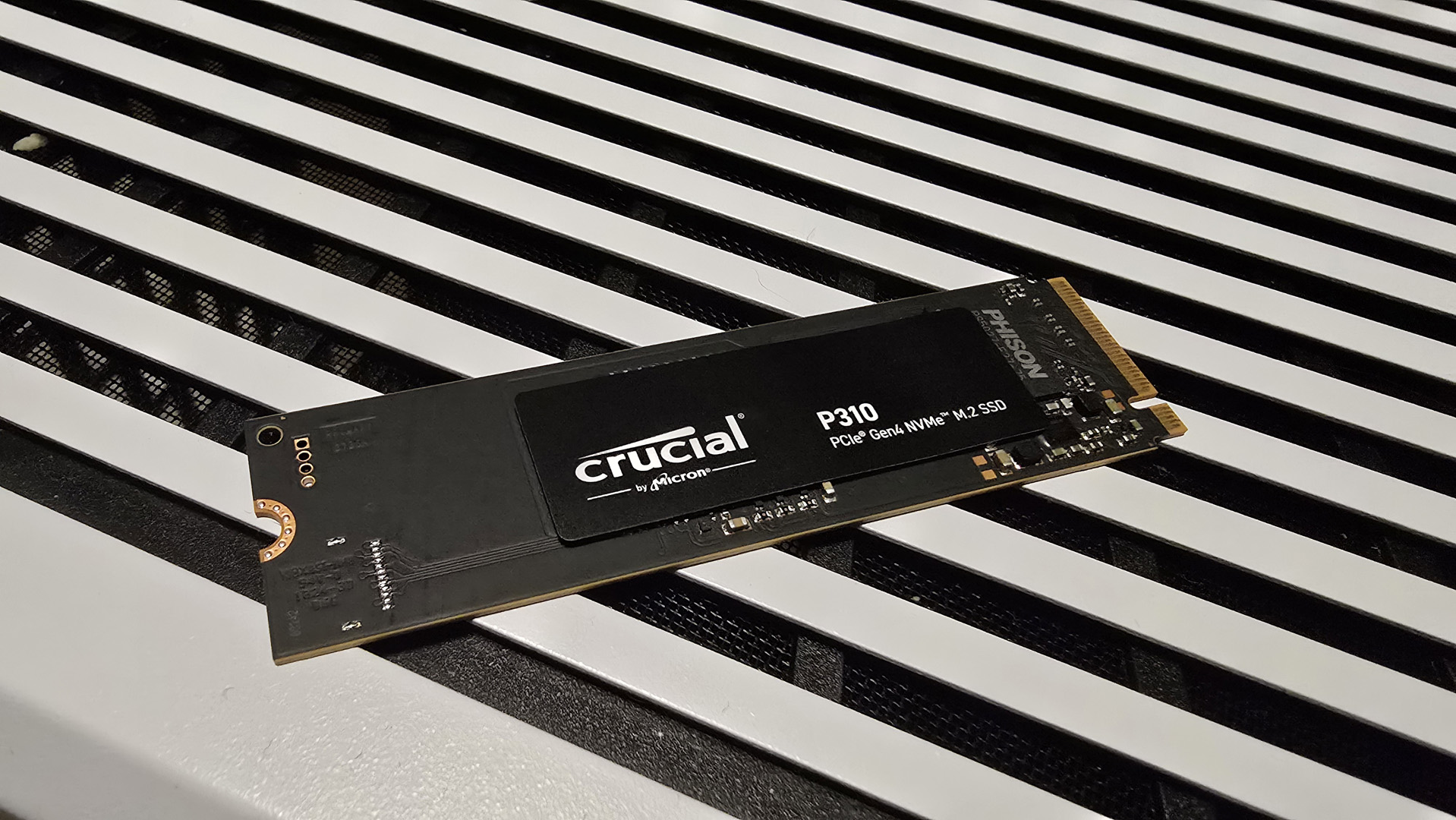One well-placed bullet can ruin your whole day, and when you're hunkered down in the trenches, trying to get the drop on your opponents, raw talent will only get you so far. If you want to win the day and emerge victorious, you'll need the right hardware backing you up—no, not gas masks and submachine guns, we're talking about your computer's hardware, and not just one of the best graphics cards.
The shiny new Battlefield 1 is Dice's latest foray into wholesale slaughter, with chaotic 64-player maps that will push your system to its limits. Destructible buildings, billowing clouds of poisonous gas, and large explosions can cause stutters on lesser systems, leaving you easy prey. Maintaining high framerates helps keep you and your squadmates alive, and along with a potent GPU and a high refresh rate display, you'll want a CPU that's up to the task.
Battlefield 1's system requirements list a Core i5 as the minimum CPU, with a Core i7 being recommended. There's good reason for sticking with these recommendations, particularly if you're interested in the multiplayer aspect of the game. And this is Battlefield, so while the War Stories may provide a decent single-player experience for a little while, the heart of the game is in the multiplayer mayhem.
The thing about Battlefield 1 is that the CPU demands scale with the number of players on a map. The single-player experience will run quite well on a modest processor, including a below-minimum-spec Core i3-4360. Move over to multiplayer maps with 24 or more people running around and the Core i5 minimum requirement makes a lot of sense, and even then, high-end graphics cards are still going to encounter CPU bottlenecks.


Paired up with a potent GTX 1070 SLI graphics configuration, a 6-core i7-6800K processor isn't just a bit faster than a Core i5 part—it absolutely destroys it's little brother, improving framerates by up to 50 percent. That's on a 24-player map, and things only get worse if you're on a 64-player Conquest map, where the Core i7 can be up to 75 percent faster.
That's like dropping an artillery barrage on your enemy base, watching in satisfaction as the place gets blown to pieces. And if you want to experience that sort of graphical destruction at ultra quality without dropping below 60 fps, you'll want to run a Core i7. The Core i5 does pretty well most of the time, but when things get intense, framerates can quickly plummet. Looking at minimum fps, the Core i7 does 65 percent better than a Core i5, staying comfortably above 60 fps.
This is all thanks to the extra CPU cores that the i7-6800K provides, including logical cores via Hyper-Threading. This allows modern complex game engines like Frostbite 3 to spread the workload out and keep things running smoothly. Graphics, physics, AI, networking, and other calculations all require processor power, and Intel's top CPUs are more than up to the task. It's not just about running the game better, either—having a Core i7 can significantly cut down the loading time for both the game and the individual maps, getting you into the action faster.
The biggest gaming news, reviews and hardware deals
Keep up to date with the most important stories and the best deals, as picked by the PC Gamer team.

There are many ways to die in Battlefield 1, from a well-placed headshot to being on the wrong end of the main barrel on a tank. Core i7 won't inherently make you a better team player, but it will provide higher framerates and a smoother gaming experience. That in turn can help when you're sighting in on an enemy with a sniper rifle, and if you miss, at least it won't be due to stutter caused by your CPU. If you're hoping to rise to the top of the leader boards in Battlefield 1, Intel's Core i7 is the best choice to get you there.
Testing with dual GTX 1070 SLI:
Core i3-4360: Load = 42.7s, Mud and Blood = 21.0s
Core i5-4670: Load = 38.3s, Mud and Blood = 18.7s
Core i7-6800K: Load = 32.5s, Mud and Blood = 13s
[Note: performance testing was done with actually play of multiplayer maps, so it's more of a rough estimate due to differences between matches. Variance between runs was about 10-15 percent.]
Empire's Edge 24-player FPS (avg / 97 percentile):
I3 = 78 53
I5 = 110 73
I7 = 162 113
Ballroom Blitz 64-player FPS (avg / 97 percentile):
I3 = 57 35
I5 = 89 57
I7 = 153 101
Sponsored by Intel

